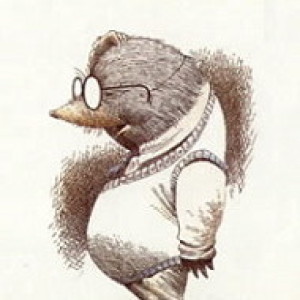An old souvenir from Ypres
At the end of the Great War, the bereaved, mainly women, who could afford to make the journey started to visit the cemeteries in France and Flanders where their loved ones lay. Soon they were to be joined by large numbers of visitors who were simply curious to see the battlefields. This was the start of the battlefield tourism that continues to this day. These battlefield tours were foreseen and bitterly satirized by Philip Johnstone in his poem 'High Wood", published in February 1918, 8 months before the war was to end.
Ladies and gentlemen, this is High Wood,
Called by the French, Bois des Fourneaux,
The famous spot which in Nineteen-Sixteen,
July, August and September was the scene
Of long and bitterly contested strife,
By reason of its High commanding site.
Observe the effect of shell-fire in the trees
Standing and fallen; here is wire; this trench
For months inhabited, twelve times changed hands;
(They soon fall in), used later as a grave.
It has been said on good authority
That in the fighting for this patch of wood
Were killed somewhere above eight thousand men,
Of whom the greater part were buried here,
This mound on which you stand being...
Madame, please,
You are requested kindly not to touch
Or take away the Company's property
As souvenirs; you'll find we have on sale
A large variety, all guaranteed.
As I was saying, all is as it was,
This is an unknown British officer,
The tunic having lately rotted off.
Please follow me - this way ...
the path, sir, please
The ground which was secured at great expense
The Company keeps absolutely untouched,
And in that dug-out (genuine) we provide
Refreshments at a reasonable rate.
You are requested not to leave about
Paper, or ginger-beer bottles, or orange-peel,
There are waste-paper-baskets at the gate.
• Philip Johnstone appears to have been a pseudonym, and little is known about the author of this prophetic poem.

Comments
Sign in or get an account to comment.


